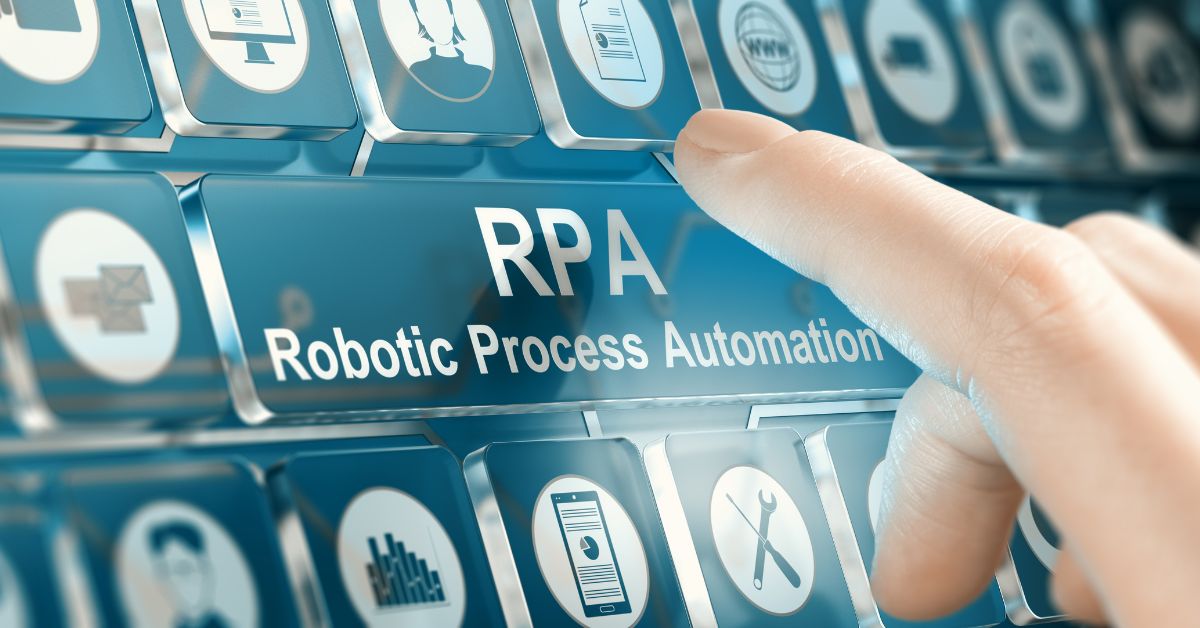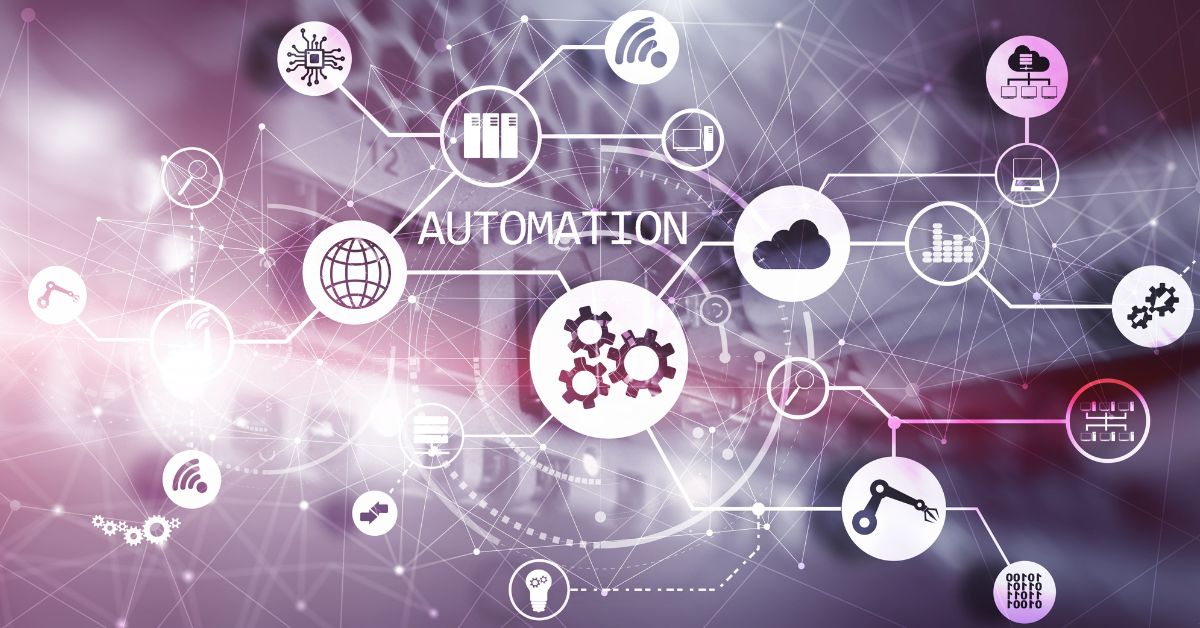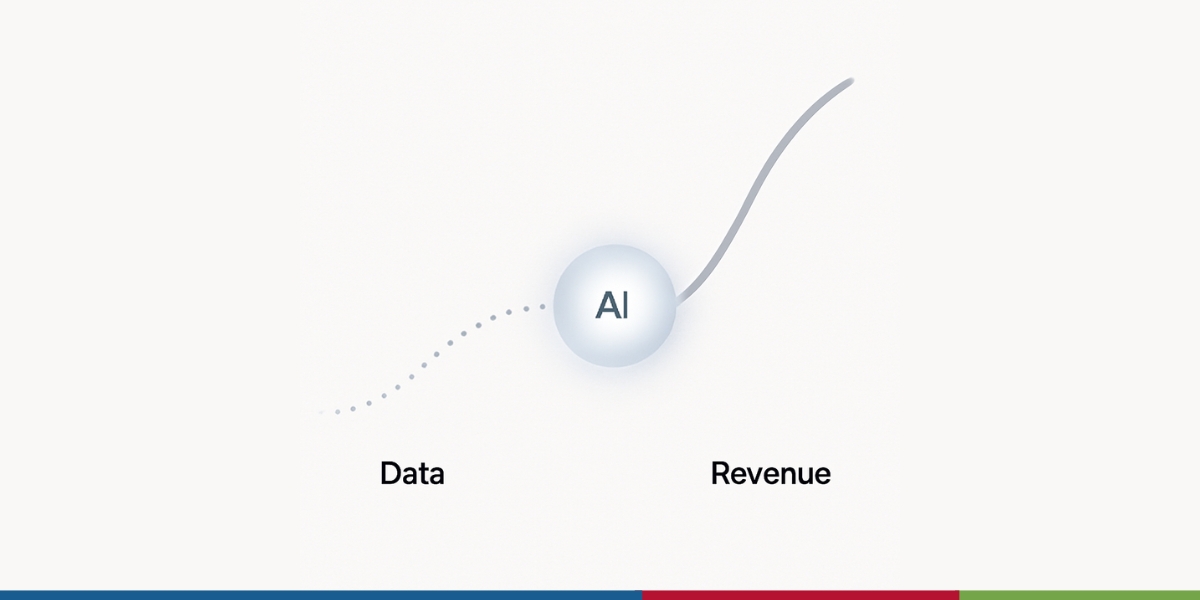Robotic Process Automation: What’s so Promising about it?

4 min read | By Postpublisher P | 31 May 2023 | Technology
Repetitive tasks, such as data transfers, payroll calculations, on-boarding, etc., can be mundane and involve human errors. Thankfully, automation makes these processes easy to handle with software robots and relevant technologies. For example, you might have encountered bots on different credit card application platforms. These bots or software robots run background checks on the provided data and decide whether the individual can get a credit card based on the information. Now, software robots work on the ideology of Robotic Process Automation or RPA.
Indeed, software robots can interpret everything on a screen, navigate the machine, extract data and process it, identify keystrokes, and more. Moreover, software robots can perform tasks more efficiently and barely make mistakes. And, they don’t demand a break, either! Interesting, isn’t it? Let’s learn about Robotic Process Automation, its benefits, the latest use cases and applications, its cons, its resemblance with AI, and more.
Robotic Process Automation: What is it?

Data Recovery Dubai professionals have mentioned that the term ‘automation’ technology reduces the overall human input. RPA, or Robotic Process Automation, is an automation technology for emulating or mimicking human actions. This technology engages user interface and API interactions to merge and carry out daily repetitive tasks, such as:
- Logging into applications
- Entering information
- Extracting data
- Copying data
- Addressing queries
- Transferring files
- Filling in forms
- Completing transactions
- Performing calculations
- Keeping track of records and more
Not to mention, RPA tools can increase productivity by deploying scripts that can emulate human tasks. On the other hand, RPS uses Artificial Intelligence and Machine Learning to complete business activities at a high volume. Additionally, it frees up human resources and helps prioritise other complex processes. Besides this, robotic process automation can extract context from the entered content with OCR or Optical Character Recognition. Furthermore, it can address queries with NLP or Natural Language Processing. In other words, RPA can streamline such repetitive tasks and offer a better customer service experience. RPA can reduce the overall cost, too. And, this technology need not change any organisation’s underlying IT infrastructure. No doubt why RPA is growing day by day among different business and IT industries. However, you should keep in mind what RPS is not. A robot can execute tasks without human intervention. Additionally, here are some myths busted about RPA:
- RPA doesn’t exist physically, and it’s not a humanoid robot.
- RPA bots can’t emulate decision-making skills and logical thinking.
- They can’t replicate human cognitive capabilities.
- Moreover, RPA bots can’t completely replace humans.
How does Robotic Process Automation Work?

RPA emulates the way users are bound to interact with software applications. Additionally, it works on how people are accustomed to thinking about software applications. As per Forrester, RPA software tools should be able to perform the following core functions:
- Low-code capabilities to generate automation scripts
- Integration capabilities with enterprise applications
- Administration and arrangement with monitoring, configuration, and security
For example, the simplest RPS not recording keystrokes and clicks as any user interacts with an application. Such bots can even adapt to layout, screen size, and workflow modifications. RPA bots can also dynamically build workflow automation in the back end of the development process. Additionally, robotic process automation uses task and process mining tools to analyse the logs of CRM and ERP applications. RPA tools can access data via legacy systems and integrate it with other back-end applications. Thus, the automation platform can mirror human tasks. Who uses RPA? Most industries, including healthcare, banking, insurance, telecommunications, finance, etc., use RPA tools. For instance, RPA is utterly helpful for automating different supply chain processes, after-sales service support, predictive maintenance, and more. On the other hand, IT giants like Wipro, Capgemini, Genpact, Deloitte, etc., are utilising RPA for dynamic and vertical applications. Telecommunications enterprises swear by RPA tools for billing systems and configuring new systems. Therefore, RPA is a potential technology for almost every specialised industry niche.
Benefits of Robotic Process Automation

RPA streamlines automation workflows for diverse businesses. This increases profit, flexibility, and responsiveness for a particular enterprise. In addition, this technology is non-invasive, and businesses can deploy it for accelerated transformation. If your business has to automate workflows that engage legacy systems where APIs, database access, and virtual desktop infrastructures are missing. On top of that, RPA can improve employee engagement, productivity, and satisfaction by eliminating those bot-replaceable repetitive tasks. Let’s review the benefits of RPA in detail:
Requires Less Coding
Configuring or deploying an RPA software tool function doesn’t necessarily need a developer. Most RPA tools come with easy-to-use drag-and-drop features. Thus, non-technical staff can handle such onboarding tasks too.
Offers Higher Accuracy
As a business owner, you can program RPA bots to act per definite rules and workflows. This can lead to less human error, especially regarding accuracy and compliance. Moreover, RPA tools can offer an audit trail that makes monitoring progress so far easy. Therefore, you can track issues and resolve them faster.
Results in Better Customer Service
Chatbots and bots can work 24/7. Therefore, customers don’t have to wait in a queue to submit a query or complaint. And, customer satisfaction gets increased as the waiting downtime gets reduced.
Saves Money
RPA can visibly reduce workloads. A company can reallocate its manpower to other tasks requiring cognitive human logic and thinking. So, the company can save a lot of money in the sector of repetitive tasks.
Satisfies Employees
It’s easy to notice how your employees can be bored due to repetitive daily tasks. Since RPA robots can mimic those activities, they can be a breeze of fresh air for your employees. They can invest their potential skills in other, more important human-engaging activities.
Causes No Disruption in the Existing System
On another note, RPA software doesn’t change anything in the underlying IT infrastructure of any organisation. They can easily fit in the presentation layer regardless of the remaining applications. Therefore, it’s easy to implement bots where you don’t have resources requiring deep integrations, or the system lacks an application programming interface.
Use Cases of Robotic Process Automation

Leading companies and enterprises are deploying RPA to keep their business operations well-organised. If you are sceptical about how you can use RPA, then here’s a quick glimpse of the most successful applications of robotic process automation.
Banking and Finances
The RPA service market has rapidly grown. According to current statistics, over 1 bot in 3 bots are present in financial services. Leading banks utilise RPA tools and solutions to automate tasks like account opening, customer research, inquiry processing, etc. Banks use thousands of bots to handle and monitor high-volume data entry.
Human Resources
Robotic process automation can automate a wide range of HR tasks. For example, RPA can mirror updating employee data, submitting time sheets, onboarding, and offboarding.
Insurance
If you closely notice the insurance sector, you will find out it involves a huge list of repetitive tasks. So, you can apply RPA to regulatory compliance, underwriting tasks, claims processing operations, and policy management.
Healthcare
Precision and compliance are the 2 pillars of a healthcare system. Popular hospitals worldwide now use RPA robots and tools to handle prescription management, optimise information, take care of payment cycles, help claim insurance and more processes.
Retail
E-commerce stores are everywhere, and RPA has been the backbone of the modern retail industry. RPA can tackle back-office operations and interact with customers’ queries and complaints. Moreover, RPA has taken a step forward in the following sectors:
- Fraud detection
- Customer feedback processing
- Customer relationship management
- Warehouse management
- Processing orders
- Shipment tracking
- Monitoring inventory levels
- Order payments and more
Challenges Associated with RPA

Robotic process automation can bring revolutions in numerous industries due to proven scopes and capabilities. However, there are challenges in deploying and implementing robotic process automation in businesses, such as
Constrained Abilities
RPA software tools automate tasks, as you have already learnt. Reportedly, RPA tools can join multiple tasks together into a single process. With more assigned tasks, an RPA bot can be on the edge of vulnerability. Forrester has alarmed organisations about the ‘rule of five’ while deploying RPA bots. These bots can break down with over 500 clicks, manipulate over 5 apps, or make more than 5 decisions.
Scaling Difficulty
Reportedly, RPA makes it difficult to scale in an organisation because of internal changes or regulatory updates. A Forrester report has shown that 52% of customers deal with the same scaling problem of RPA. In reality, most RPA-driven companies start with 10 bots or fewer. Whereas the advanced system demands at least 100 bots to qualify for the anticipated efficiency.
Organisational Upgrades
RPA tools and robots will drive new growth in comparatively newer roles for managing more complex tasks. Therefore, company employees can focus on creative problem-solving and next-level strategies. However, the respective company has to motivate employees to learn something new and upgrade their skills. Additionally, it involves a huge role shift. Digital transformation projects will be a positive outcome of workforce adaptability. Still, you must educate your employees by investing in new training programs and required technologies.
Compromised Privacy & Security
Software robots require access to confidential information to answer queries or accomplish corresponding tasks. Therefore, they can pose a high risk if they get exploited. In addition, privacy laws can also be violated if RPA bots move data outside of a permitted nation. Therefore, you have to handle data and program RPA carefully so that it doesn’t violate any data protection and privacy laws carefully.
Is RPA any Similar to Artificial Intelligence?

Nope, RPA is not Artificial Intelligence. However, RPA offers businesses to integrate advanced AI skills through natural language processing, machine learning models, character and image recognition, and more. Given the chance for AI to bloom, RPA robots can be more efficient. RPA robots can manage the following cognitive processes with the help of AI skills:
- Scanning documents for unstructured or semi-structured data
- Visualising screens, even virtual desktops
- Understanding speech and continuing chats and conversations
AI can create a robust automation pipeline with RPA robots and applications such as process mining. In addition, robots can be designed to participate in decision-making with AI and ML applications along with RPA.
What’s in the Future of RPA?
The global RPA market is expected to reach a milestone of $5 billion by 2024. Organisations will adopt RPA more and more due to its cost-saving, performance-boosting, and productivity-enhancing features. If you are looking for suitable RPA software, consider speed, reliability, flexibility, intelligence, scalability, UI simplicity, financial planning, and governance. Blue Prism, NICE, ABBYY, Automation Anywhere, UiPath, OpenSpan, and Pega are some recommended RPA vendors.
The latest from our editors
Join over 150,000+ subscribers who get our best digital insights, strategies and tips delivered straight to their inbox.


